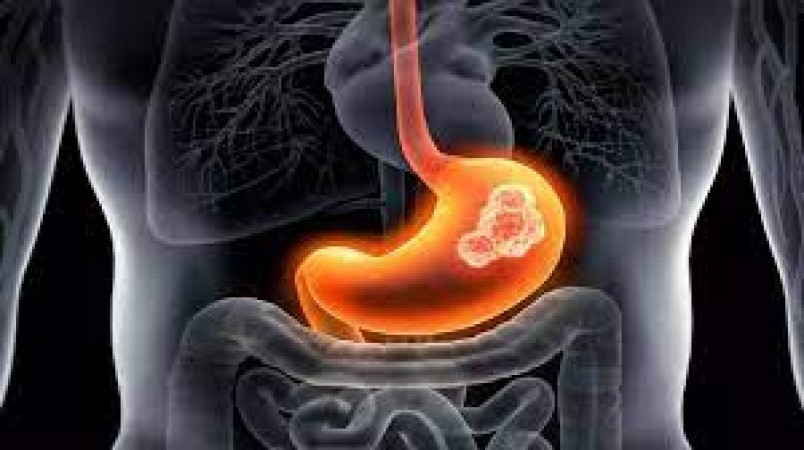
Stomach cancer, a silent predator, often manifests itself through subtle signs that might be overlooked. Among these, stomach swelling has been a topic of concern. Let's delve into the depths and unravel crucial insights about this potential early symptom.
Stomach cancer, medically known as gastric cancer, originates in the stomach lining, gradually infiltrating the organ's deeper layers. It's imperative to be vigilant about its symptoms for early detection.
Stomach swelling can indeed be an early indicator of stomach cancer. However, it's essential to distinguish it from other benign causes such as bloating or indigestion.
Cancerous growths can disrupt the normal functioning of the stomach, leading to fluid retention and bloating. Understanding this mechanism aids in recognizing the significance of stomach swelling.
Apart from swelling, stomach cancer may manifest through symptoms like unexplained weight loss, persistent indigestion, and abdominal pain. A holistic approach to symptom recognition is vital.
Never underestimate persistent symptoms. If stomach swelling persists or is accompanied by other concerning signs, seeking prompt medical advice is crucial.
Certain factors elevate the risk of stomach cancer, including age, family history, and infection with Helicobacter pylori. Understanding these risk factors can aid in proactive prevention.
While some risk factors are beyond control, adopting a healthy lifestyle, including a balanced diet and regular exercise, can contribute significantly to prevention.
Diagnosing stomach cancer is intricate. From endoscopies to imaging tests, a combination of diagnostic procedures is often required for accurate results.
In many cases, a biopsy becomes the definitive step in confirming or ruling out stomach cancer. Understanding the biopsy process is essential for those undergoing diagnostic investigations.
Treatment for stomach cancer is individualized, often involving surgery, chemotherapy, and radiation therapy. Understanding the treatment modalities empowers patients in making informed decisions.
A cancer diagnosis is not just a physical battle but an emotional one too. Acknowledging the emotional aspects and seeking support are integral components of the journey.
Research is a beacon of hope. Stay informed about the latest breakthroughs in stomach cancer research, emphasizing the progress being made in treatment options and early detection. Stomach swelling, though potentially indicative of stomach cancer, is not a standalone symptom. Vigilance, coupled with a comprehensive understanding of associated signs, risk factors, and diagnostic procedures, plays a pivotal role in early detection and effective management. Remember, your body communicates with you. Listen, observe, and take action if something seems amiss.
When Matthew Perry Forgot Everything Between Seasons 3 and 6 of 'Friends', the Story is Astonishing